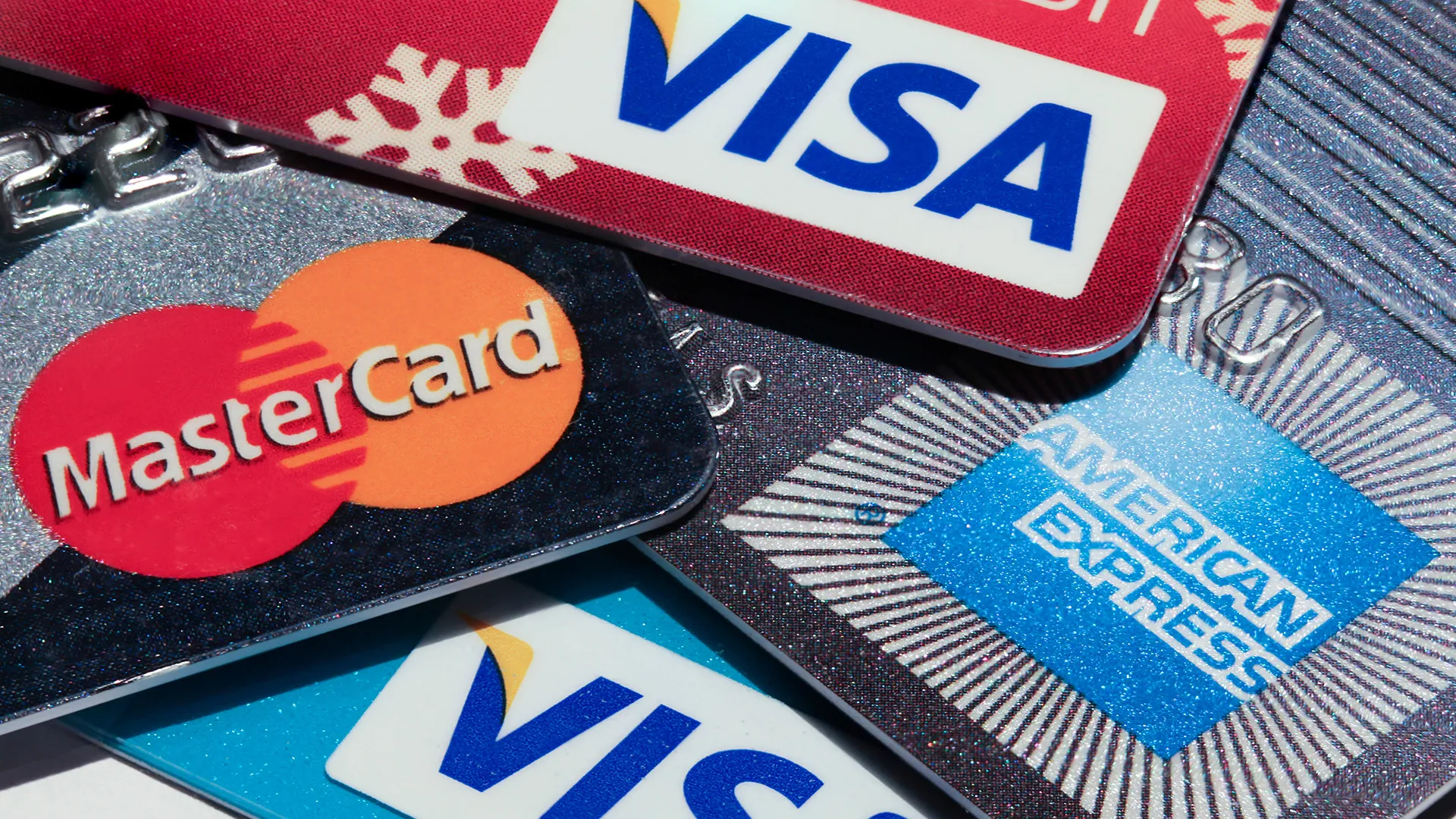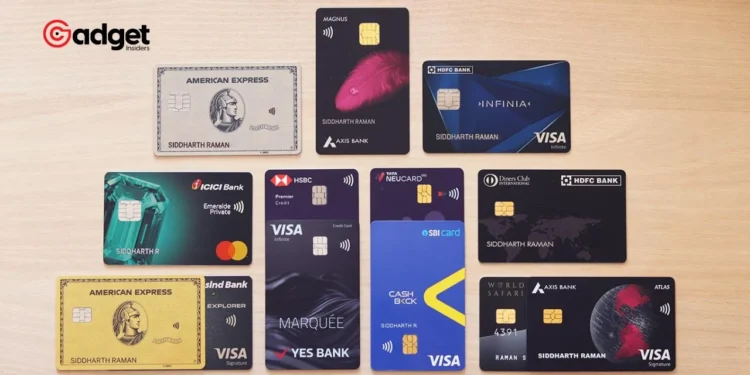In an unfolding drama that pits the Consumer Financial Protection Bureau (CFPB) against some of the largest financial institutions in the United States, a ruling expected soon from the Northern District of Texas could dramatically alter the landscape of credit card late fees. A new CFPB regulation, aimed at reducing the burden of late fees on American consumers, could save families an estimated $10 billion annually. This comes as a crucial development just as the regulation was scheduled to go into effect next week.

The Industry’s Countermove
The U.S. Chamber of Commerce, leading the charge for the credit card industry, initiated legal action in March to prevent the CFPB’s rule from being implemented. This legal battle has seen a volley of motions between Texas and Washington, D.C., culminating in a potential last-minute freeze that could derail the regulation. This regulation proposes to cap late fees at $8 per incident, a significant reduction from the current average of $32.

The Economics of Late Fees
Since 2010, major card issuers have increasingly leveraged late fees as a profit-making tool, particularly affecting consumers with lower credit scores who, on average, accrue $138 in fees annually per card. CFPB Director Rohit Chopra has highlighted this as a growing concern, illustrating the predatory nature of such fees on financially vulnerable populations.
Industry Reactions and Adjustments
In anticipation of potential revenue losses from the new rule, companies like Capital One and Synchrony have been exploring various strategies to offset the impact. Capital One’s CEO, Richard Fairbank, expressed during a recent earnings call that the rule could affect the bank’s revenue for a couple of years, necessitating “mitigating actions” such as increasing interest rates or introducing new fees for services like paper statements.
$SOFI News this week:
– @TGL January 2025 on ESPN 🏌️♂️
– SoFi Bank President Chad Borton Resigns
– $HOOD Gold Credit Card Offering 💳
– SoFi Issues 72.6M Shares to Pay $600M 2026 Notes
– New Record Short Interest of 23% ‼️ pic.twitter.com/6rUMrUWCPp— Tevis (@FunOfInvesting) March 29, 2024
The Larger Battle Over “Junk Fees”
This regulation is part of a broader initiative by President Joe Biden to combat what he terms “junk fees.” These are costs that he believes unfairly drain consumers’ finances and disproportionately impact those least able to bear them. The late fee cap is seen as a direct challenge to an industry that has long capitalized on these fees to bolster their earnings.

High-Stakes Legal Battle Over CFPB Rule Looms
Experts like Tobin Marcus from Wolfe Research suggest that the industry might prevail in its efforts to stall the CFPB’s rule through the courts. The decision by Texas Judge Mark T. Pittman on whether to grant a preliminary injunction could freeze the rule’s implementation indefinitely, potentially setting the stage for a protracted legal battle.
The outcome of this legal dispute holds significant implications not only for millions of American cardholders but also for the regulatory landscape governing financial institutions. As the industry braces for a potential shift in revenue dynamics, consumers await a decision that could ease their financial burdens significantly. The question remains: Will the courts favor consumer protection, or will the financial industry’s concerns prevail? Only time will tell as the deadline looms and both sides prepare for the next phase of this high-stakes regulatory showdown.










